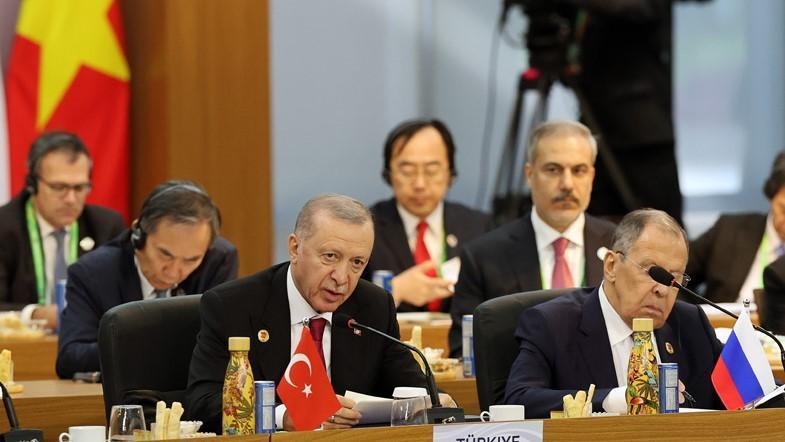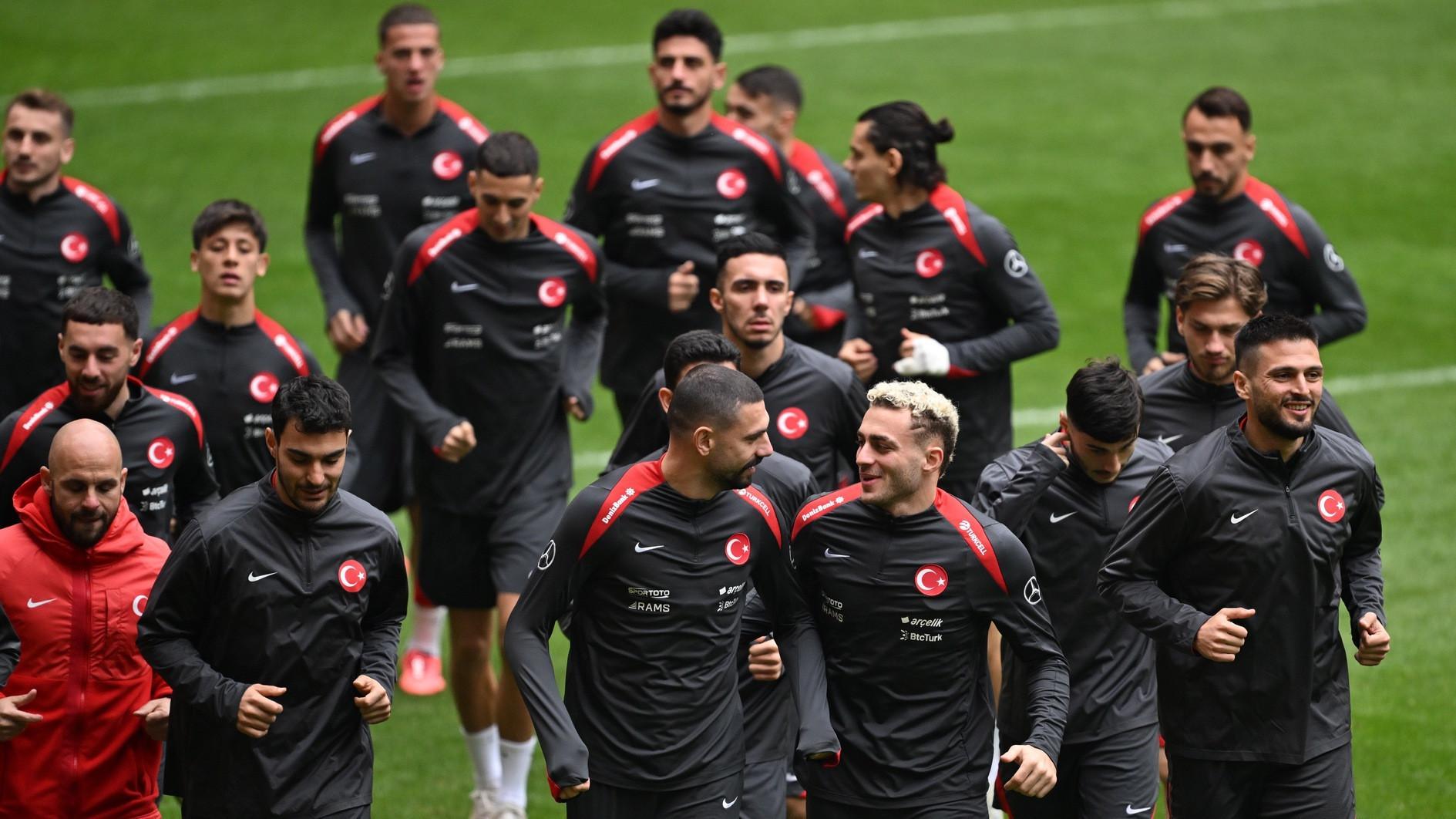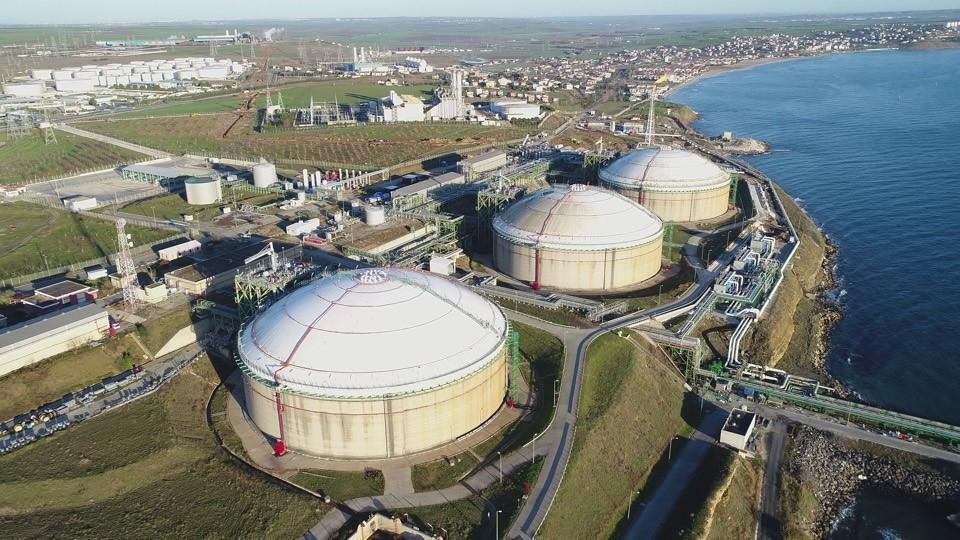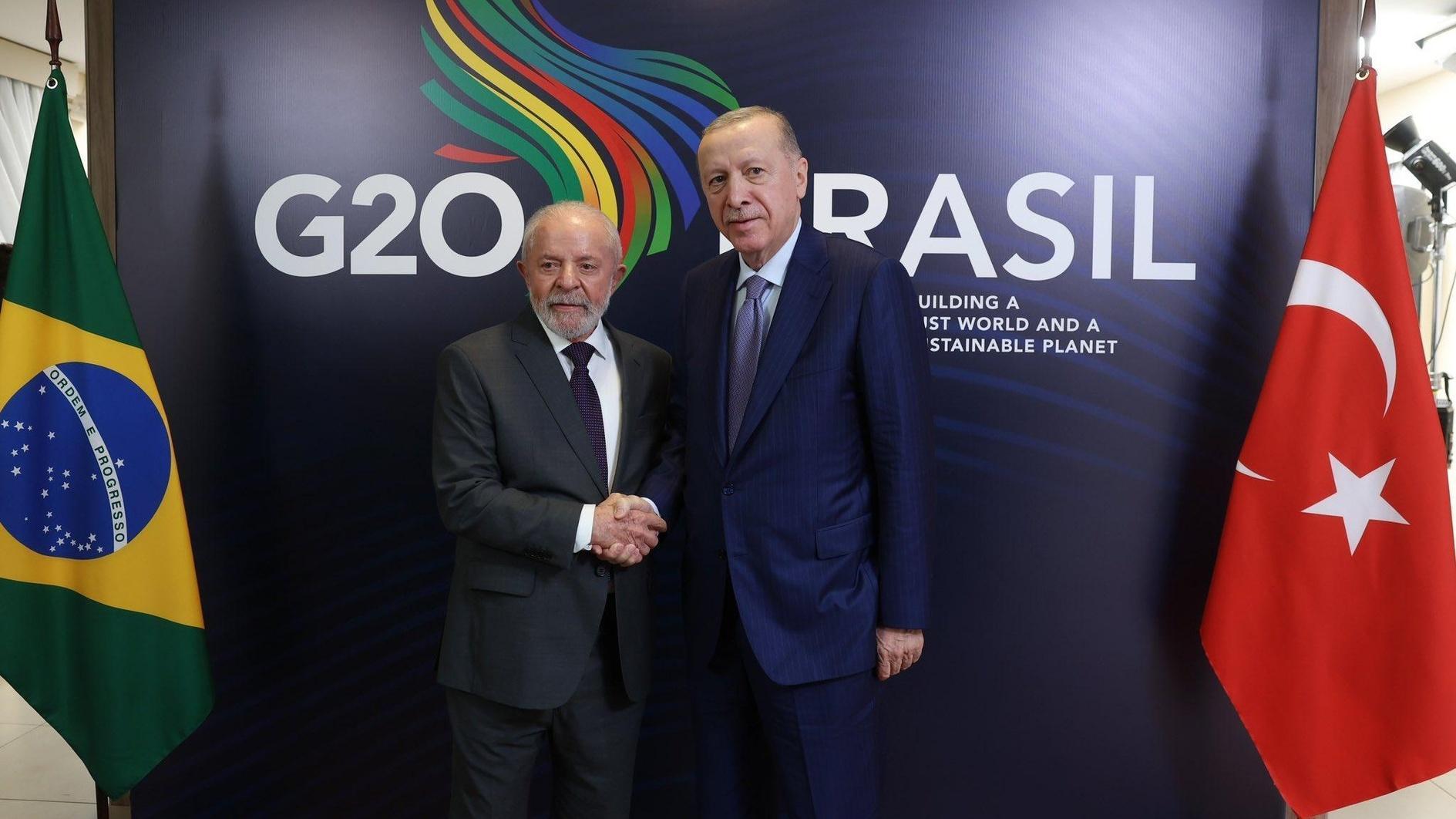Turkey’s message to the world: “Give me the money while I still pollute”
The most difficult issue to agree on during the G-20 Summit that took place last month in Antalya, Turkey, was climate change, a global challenge for which world leaders have gathered today in Paris.
This hardly surprises Turkish experts, as they thought the weakest statement of the G-20 came on the topic of climate change.
Still, they are disappointed that during its presidency Turkey has not succeeded in convincing the parties to make a more ambitious statement.
Similarly, there is also disappointment in terms of Turkey’s policy that is expected to be pursued during the Paris summit.
According to Semra Cerit Mazlum, a scholar that has been following Turkey’s policies on climate change, the government endorses an inward looking policy rather than contributing to international efforts to fight global warming.
While Turkey was not expected to endorse ambitious national targets to mitigate greenhouse gas emissions during the Paris summit, says Mazlum who went to Paris for the global meeting, the government could have at least played an active role in voicing the concerns of the less developed countries. After all, Turkey claims to pursue a conscience-based foreign policy and is still the president of the conference focused on less-developed countries, she recalls.
Indeed, Prime Minister Ahmet Davutoğlu underlined this conscience dimension of Turkey’s foreign policy last week when he read the government program in the parliament.
“We will work day and night to pursue a foreign policy that is efficient, result-oriented and based on conscience,” he said.
Interestingly, the Turkish word for conscience (“vicdan”) starts with the letter “V.” And at the Paris summit, there is a group of countries called the V-20 group, meaning the “vulnerable 20,” or those which are the most hurt affected by climate change yet deprived of the means to take the necessary measures.
“It is a pity that Turkey is not playing this bridging role since she is so well-placed to understand the different priorities of the [developed] north and the [less-developed] south,” Mazlum told me.
It seems that Turkey is so preoccupied with its own climate change agenda that the V-20 is the smallest concern of its conscience-based foreign policy.
Because what mainly drives Turkey’s policy is to be able to continue polluting while developing and cleaning afterwards. That is why she is preoccupied by pushing against the pressure on her to reach emission mitigation targets.
The prevailing view of the government is to see this pressure as an obstruction to her development strategies. “The government believes that it is protecting its industry by avoiding measures on climate change, but it is a wrong approach,” says Mazlum. Actually the government is harming Turkish industry by continuing to set its energy strategy on fossil fuels rather than preparing for a transformation that will slow down the detrimental effects of climate change.
The longer the delay on initiating transformation, the costlier this will be for Turkish industry since the world is entering a phase in which countries will find it very hard not to undertake commitments to stop polluting the world.
Ironically, Turkey seems to be aware that a policy that takes climate change into account is unavoidable in the near future. It is for this reason it is in a rush to finish as much as possible its huge projects and its energy polices based on fossil fuel (look at the huge number of the thermic power plants that are in the planning phase.) And on the other hand, she is trying to secure a categorization in Paris to secure she will get financial and technological assistance for emission mitigation. In short she is telling the world, “I will continue to pollute the world as fast as I can until you stop me but in the meantime, support me so that I pollute less in the future.” That is, provided there is a future left.











